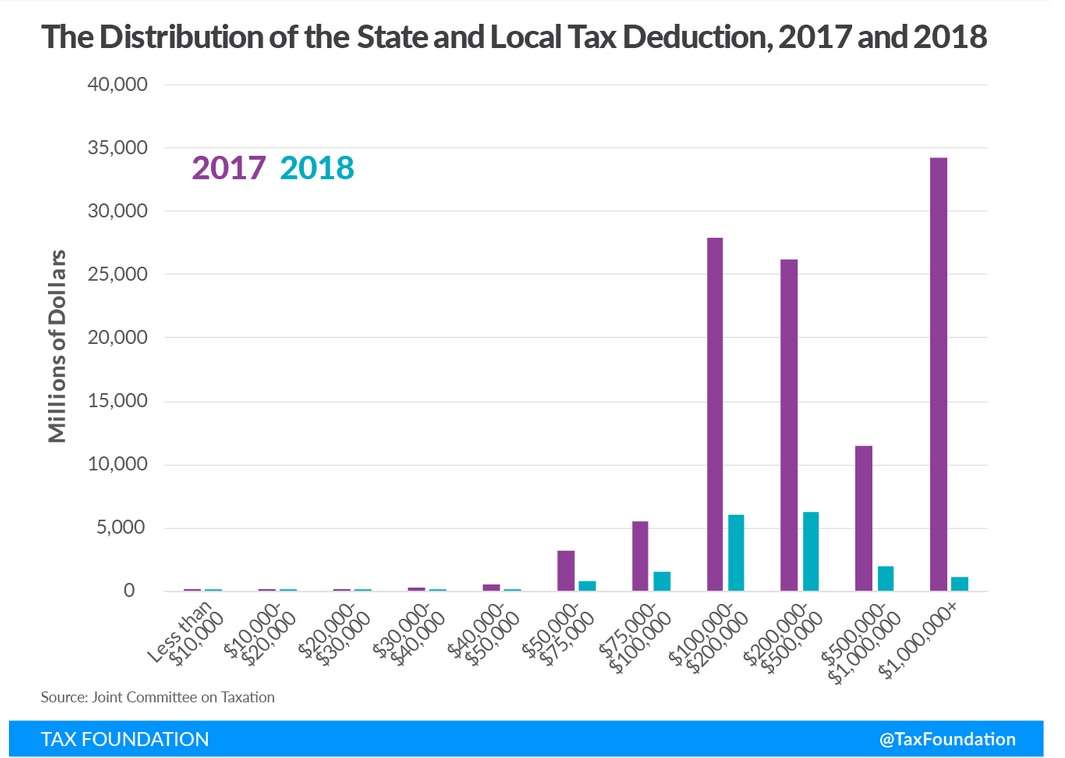Highly rated, highly prestigious colleges and universities deny admission to numerous undergraduate applicants who are as qualified as those that are accepted. Qualified applicants demand for admission to the top colleges exceeds the supply of available openings. In most other unregulated situations of unfilled demand, the producer of the service or product, or competitors, would increase the supply to meet the excess demand. Historical prestige and third party college rankings create a barrier that prevent newcomers and lower ranked colleges from competing for the applicants to the top tier schools. As I suggest in the following Wall Street Journal comment, prestige colleges and universities should expand geographically in the US to meet the needs of the excess demand of qualified applicants.
My
published comment to The Wall Street Journal, "
How to Fix College Admissions: Getting into a top school is a stressful, unpredictable process. Here are 10 ways to make it fairer and more transparent."
Increase supply to meet demand. Top ranked universities and colleges need to geographically expand their brand names. Put campuses across the US to increase enrollment. If their [sic] were multiple campuses across the US that were affiliated or under direct control of top ranked universities, then many more applicants to top schools could get degrees from top ranked schools. There are many qualified PhD's in and outside the US who cannot currently get university teaching or tenure positions. Use them to create prestigious schools across the US. Like any other product, there are winners with big market share and prestige and losers with low prestige and [low] market share. One way would be to eliminate the not for profit status of colleges and universities. A profit motive would force schools to expand their brands across the US, to expand their market share and to meet he [the] needs of a wider range of students, e.g. imagine a Harvard community college 2 year degree in every state.


